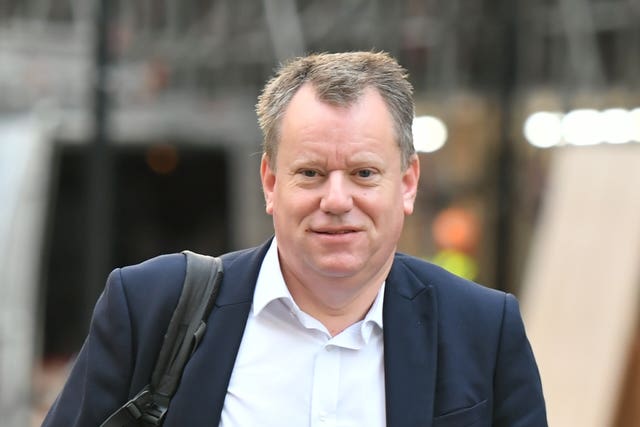
Top-level, face-to-face Brexit talks are to resume in London, the EU’s chief negotiator has said.
However, Michel Barnier warned ahead of a meeting with his UK counterpart, Lord Frost, that “significant divergences” still remain.
In line with Belgian rules, my team and I are no longer in quarantine. Physical negotiations can continue.
I am briefing Member States & @Europarl_EN today. Same significant divergences persist.
Travelling to London this evening to continue 🇪🇺🇬🇧 talks w/ @DavidGHFrost + team.
— Michel Barnier (@MichelBarnier) November 27, 2020
In-person negotiations in Brussels were suspended a week ago after a member of Mr Barnier’s team contracted coronavirus.
But Mr Barnier has now said “physical negotiations” can resume.
He is briefing EU member states ahead of talks with Lord Frost as areas such as fishing rights remain major obstacles to a deal before the Brexit transition period expires at the end of next month.
Mr Barnier tweeted on Friday: “In line with Belgian rules, my team and I are no longer in quarantine. Physical negotiations can continue.
“I am briefing Member States & @Europarl_EN today. Same significant divergences persist. Travelling to London this evening to continue talks w/ @DavidGHFrost + team.”

Prior to Mr Barnier’s announcement there had been uncertainty about when the face-to-face talks would resume amid reports that the EU chief negotiator would only head to London if there was a significant shift in the UK’s position.
The Prime Minister’s official spokesman said Boris Johnson believes the UK would “thrive” without an EU deal as talks continued at a virtual level.
The comments came after the Office for Budget Responsibility said that failure to reach an agreement with Brussels could result in a 2% hit to gross domestic product, the standard measure of the size and health of a nation’s economy.
Mr Johnson’s spokesman said: “The PM believes that the UK will thrive with or without a deal with the EU.
“But it remains our ambition to reach an FTA (Free Trade Agreement), which is why we continue to negotiate.”
The UK will leave the single market and customs union at the end of December.
Negotiations have been deadlocked for months over the issues of fishing rights, the governance of any deal, and the “level playing field” conditions aimed at preventing unfair competition by cutting standards or increasing state subsidies.


Comments: Our rules
We want our comments to be a lively and valuable part of our community - a place where readers can debate and engage with the most important local issues. The ability to comment on our stories is a privilege, not a right, however, and that privilege may be withdrawn if it is abused or misused.
Please report any comments that break our rules.
Read the rules hereLast Updated:
Report this comment Cancel